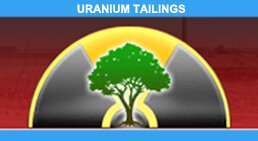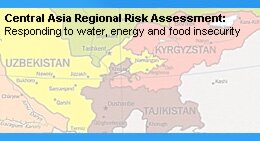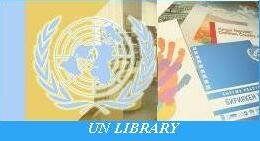Families divided
Before crossing the Kyrgyz-Uzbek border on the night of 10-11 June, Navruza and her family had hoped to find a place to hide in Kyrgyzstan, their home country. When they saw houses around them going up in flames and neighbours shot dead, however, it became clear that the widespread violence against people of Uzbek origin was not going to stop overnight.
No one was safe – not even children.
While Navruza tells her story in a tent at the camp, more and more women with children enter and join the conversation. Everyone tries to add a word. The more they talk and share their experiences, the more they cry. The memories are too fresh and the pain too deep.
“Why should our children be deprived of their homeland, and why should they be denied a future? Where should we go now?” laments Mohira Alimova. Her family, too, is divided between the two countries, and she sees no end to this separation. She cannot imagine how they can be re-united back home in Kyrgyzstan.
Outpouring of solidarity
According to Uzbek Government officials in Andijan, upwards of 80,000 refugees from Kyrgyzstan have crossed the border and poured into the region in the last four days. About 90 percent of them are women and children. There are some elderly people, as well.
Over 40 camps have been set up in Andijan, Namangan and Ferghana regions to accommodate the influx. Some of the refugees have been brought home by their relatives and friends in Andijan. Local administrators, key ministry departments in the region, non-governmental organizations and ‘mahalla’ (village) committees have been called upon to help.
There also has been an outpouring of solidarity from ordinary people here. They have waited for hours for their turn to help refugees who have so suddenly lost their homes and belongings.
“We started receiving refugees during the night of the 11th,” says Karimjon Usmanov, head of the Mahalla Foundation’s Hujobod district office. That night, Mr. Usmanov recalls, he talked to the ‘aksakal’ – the most respected and eldest representative of the refugees – and negotiated their passage in an orderly manner. Women with small children, pregnant women, the wounded and the sick were admitted first.
Counselling and care
The refugee camp where Navruza and her family are staying is located at a polymer plant in Sanoatchilar mahalla. It is one of 14 camps established in Hujobod district. More than 2,000 Uzbek refugees, mainly from Osh and Karasu districts in Kyrgyzstan, are sheltered in a three-storey building and 65 tents that have been set up in the plant compound. Medical help, meals, water, clothing, basic sanitation and hygiene items have been provided.
People from neighbouring mahallas are rushing to provide the refugees with blankets, plates, clothes and other useful items.
The camp is full of women who have left their husbands, fathers, brothers or grown-up sons behind. While they express gratitude for the support they have received in Uzbekistan, they cannot stop thinking of their loved ones in Kyrgyzstan. Psychologists from the camp’s medical team are here every day to provide both group and individual counselling.
But the sense of loss is overwhelming. Lack of news from the other side of the border – and shadows of an uncertain future – deepen the refugees’ pain and fuel their concerns. It is clear that their full emotional and psychological recovery, and that of their children, will require more time and specialized care.
By Nigina Baykabulova
Photo 1: At a refugee camp in Uzbekistan's Hujobod district, a UNICEF aid worker listens as Navruza, 14, with her two-year-old brother Mukhammadjon at her side, recounts their escape from violence in neighbouring Kyrgyzstan. © UNICEF Uzbekistan/2010/Toshmatov.
Photo 2: Paediatrician Odiljon Dekhkonov examines Zebo, 2, in a refugee camp located at a polymer plant in Hujobod district, Uzbekistan, as the child's mother Zulfia Nasimova looks on. Zebo arrived at the camp suffering from diarrhoea and has been receiving treatment. © UNICEF Uzbekistan/2010/Toshmatov





